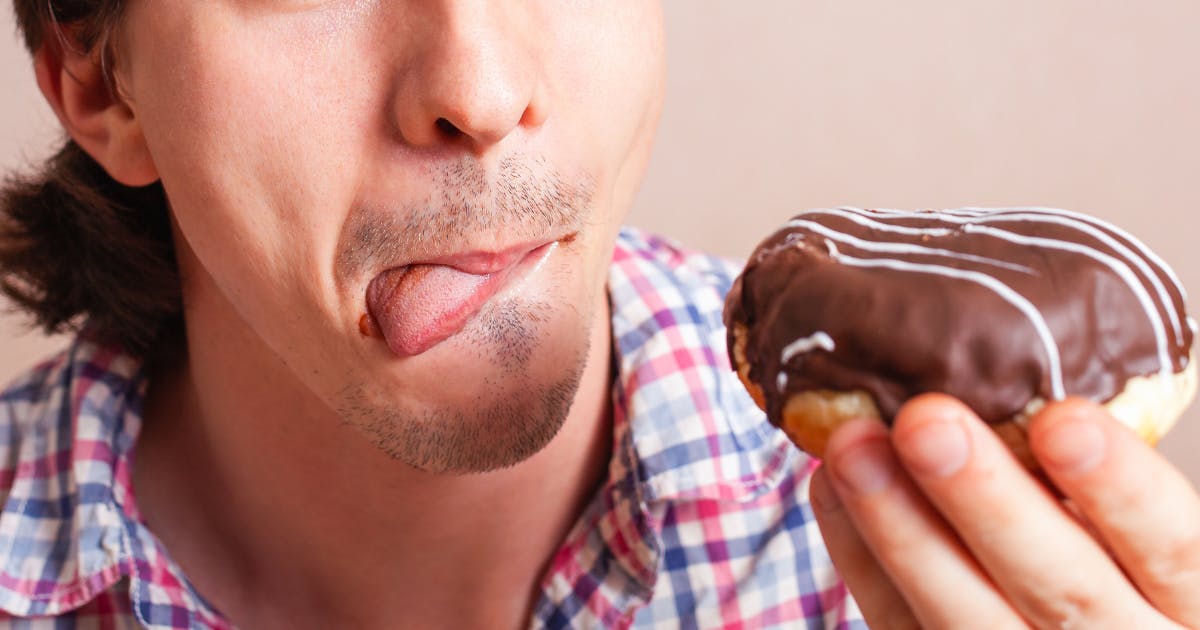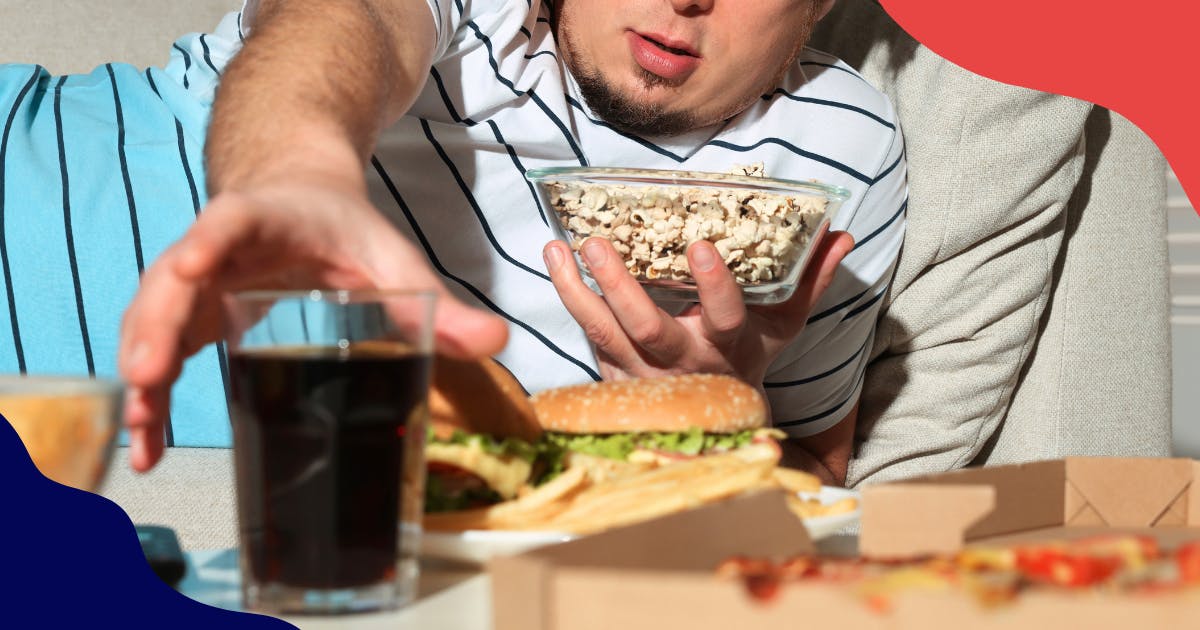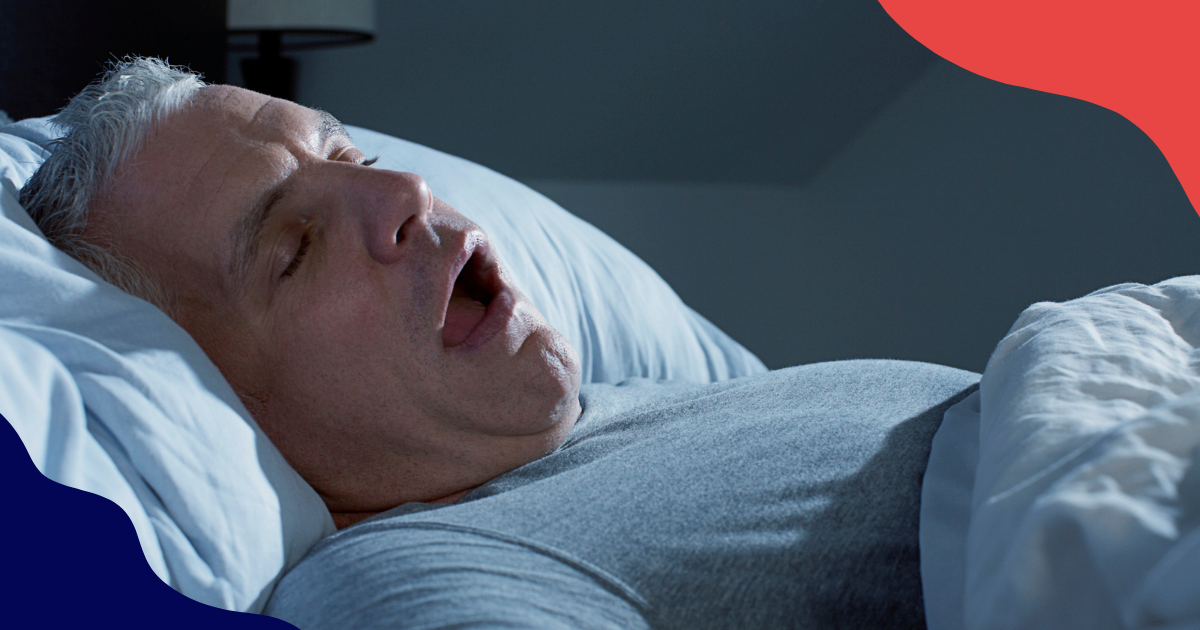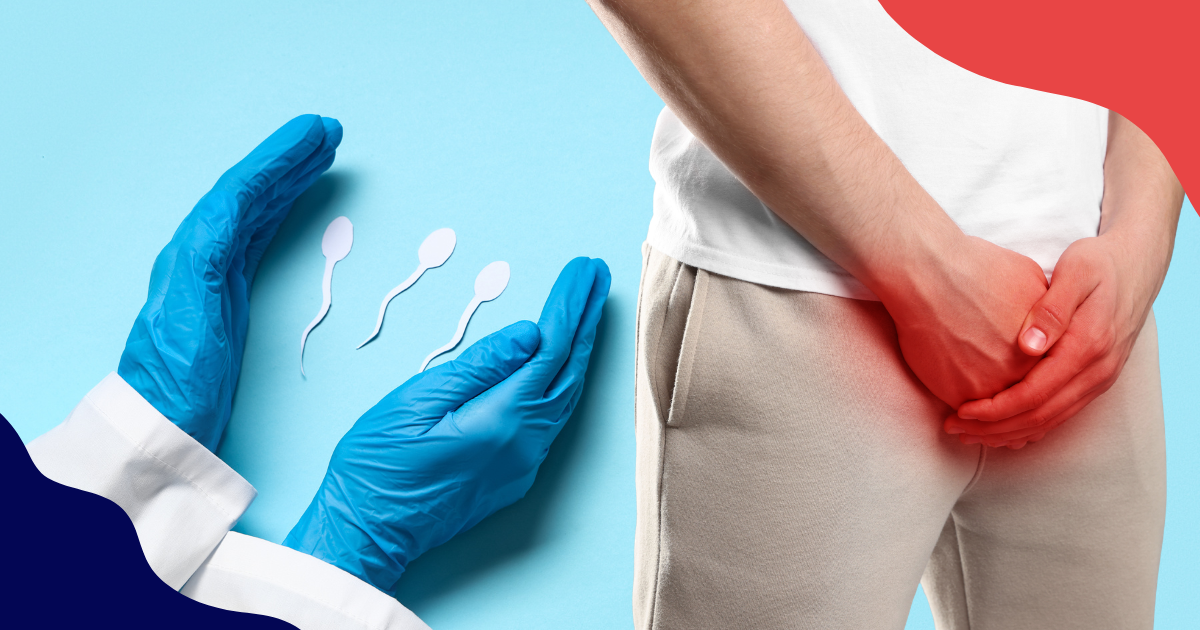Whenever men become savvier about their sexual health, they often focus on blood pressure and cholesterol levels. But there’s another biological indicator that affects your risk of erectile dysfunction – blood sugar. This article discusses the relationship between blood sugar levels and erectile dysfunction.
What’s the Deal with Blood Sugar?
When the body has finished breaking down the carbohydrates from the food you consumed, it turns into glucose. Glucose is a monosaccharide, which is the simplest form of sugar. It’s called a monosaccharide because it contains only one molecule of sugar. Once sugar is turned into glucose, it enters the bloodstream, where it can be tapped into for energy. Note that sugar isn’t only from heavily sweet foods. It can also be derived from healthy whole foods like fruits, certain vegetables, and brown rice.
Your diet most likely contains a lot of natural carbohydrates. Then there’s added sugar, or free sugar, which is found in processed food. It’s also used to refer to table sugar or white sugar, which people add to beverages like coffee or tea and to enhance the taste during cooking. Most people tend to exceed the World Health Organisation’s recommendation that free sugars should comprise less than 10% of one’s daily energy intake. This is why men may end up unknowingly having either high blood sugar or high insulin.
A blood test can determine your blood sugar level. You can either get tested at a laboratory or buy an over the counter blood glucose monitor (used by men with diabetes). Here are the different ranges of fasting blood glucose (sugar level when you haven’t eaten):
- Below 70 mg/dL – low
- 70 to 99 mg/dL – normal
- 100 to 125 mg/dL – prediabetes
- Above 125 mg/dL – diabetes

How Excess Sugar Impacts the Body
If your sugar consumption falls within the recommended amount, you won’t have any problems unless you have type 1 diabetes, a condition in which the pancreas doesn’t secrete enough insulin. However, men who consume refined carbs like bread and pasta or processed products like sodas, juice, and sweet snacks are likely to be flooding their bodies with sugar. Initially, the body will compensate by secreting more insulin to store the excess glucose as fat. This is why weight gain and inflammation are associated with a carb-rich diet.
However, one may develop insulin resistance, which happens when the body no longer responds properly to insulin. This means that, to keep blood sugar levels normal, the pancreas will strain itself to produce more insulin. Eventually, this can lead to type 2 diabetes. And even if you’re not consuming too much sugar, certain forms of sugar are absorbed much quicker, which can trigger a blood sugar spike followed by a blood sugar crash. People who experience this often have fatigue or brain fog.
High Blood Sugar and Erectile Dysfunction
High blood sugar is part of the metabolic syndrome, a collection of conditions that increase your likelihood of developing chronic conditions. The other four indicators are obesity, high blood pressure, high LDL cholesterol, and high triglycerides. Each of these is a risk factor for erectile dysfunction. Often, men who have high blood sugar have the metabolic syndrome, which can trigger erectile dysfunction. High blood sugar is also associated with high visceral fat, which is another direct cause of erectile dysfunction.
High blood sugar and the other metabolic syndrome indicators are associated with chronic diseases that could individually lead to erectile dysfunction. These diseases include type 2 diabetes, kidney disease, atherosclerosis, heart disease, and liver disease. When it comes to high blood sugar, type 2 diabetes is the most likely chronic disease to develop. Research shows that erectile dysfunction is present in 65.8% of males with diabetes worldwide. Studies have also found that diabetes can damage penile nerves and inhibit blood flow.
Keeping Your Blood Sugar Normal
So, what can you do to keep your blood sugar levels in the healthy range? Here’s a guide of quick steps that you can apply today:
- Reduce Added Sugar – When cooking, season your dish with herbs and spices instead of sugar. You may also use salt as an enhancer but keep it to a pinch because it can also lead to weight gain or kidney issues. As for coffee and tea, try to get used to not using too much white sugar. Read the nutritional facts on food products to check how much sugar the product contains.
- Avoid Empty Calories – Empty calories are foods that contain calories but barely have any nutritional value, in other words, processed food or fast food. Rather than ordering large French fries from your local fast food chain or a frappé from a nearby coffee shop, try to make healthier snacks at home or brew your own coffee. You can also buy fruits, which are packed with vitamins and minerals.
- Switch to Whole Carbs – You don’t necessarily have to get rid of carbs in your diet, especially if your BMI is normal, you don’t have a bulging belly, and your bowel movement is working normally (these tend to go wrong with high blood sugar). But make sure that you’re eating whole carbs. If you’re eating white rice, switch to brown rice, red rice, or black rice. If you like bread, choose whole wheat bread. Oats, bananas, and quinoa also contain healthy carbs.
- Follow the Glycaemic Index – The glycaemic index (GI) is a measure of the speed at which sugar is absorbed. A low GI has a score of 55 or less, medium GI scores 56 to 69, and high GI scores 70 to 100. Foods that are high GI cause blood sugar spikes. Even if they’re healthy, whole wheat bread (74) and boiled potatoes (78) have high GI. If you have diabetes, make sure to consume low GI foods. Google “glycaemic index chart” for a detailed list.
- Consume More Fibre – Fibre is good for controlling your blood sugar. It doesn’t trigger insulin, it slows down glucose absorption, and it lengthens your satiety (you get hungry less often). Experts suggest aiming for 25 to 30 grams of fibre daily. Note that 6 to 8 grams should be soluble fibre. Soluble fibre is fibre that can be processed by the body and feeds your gut bacteria. Meanwhile, insoluble fibre softens your stool and increases its volume for faster bowel movement.
- Practice Fasting – Your insulin levels go down when you’re fasting because there’s no sugar to trigger its release. This gives your pancreas a break and stimulates glucagon instead. Glucagon is a hormone that instructs your liver to use stored glucose. You may start with 16:8 fasting, where you only eat within 8 hours, preferably with just 2 meals. You can then switch to 24-hour fasts and try the 3-day fast once you’re used to fasting.
- Try the Ketogenic Diet – The ketogenic diet focuses on burning stored fat by not loading your body with glucose. In Dr Berg’s healthy keto, carbohydrates only comprise 5% of your diet. Meanwhile, 25% are proteins, while 75% are from healthy fats. This diet will bring your blood glucose to a healthy level because there’s barely any sugar to trigger insulin release. It’s also been known to aid in weight loss, particularly for those with abdominal obesity.
Conclusion
Not only can high blood sugar be disastrous for your erection, but it can also lead to chronic diseases. You can keep your blood sugar within a healthy range and recover your erectile capacity with a few lifestyle modifications. But if you’re still suffering from erectile dysfunction despite fixing your glucose levels, book an appointment with us. We’ll get to the bottom of your erectile issues together and restore your sexual health so you can enjoy intimacy to your heart’s content!




